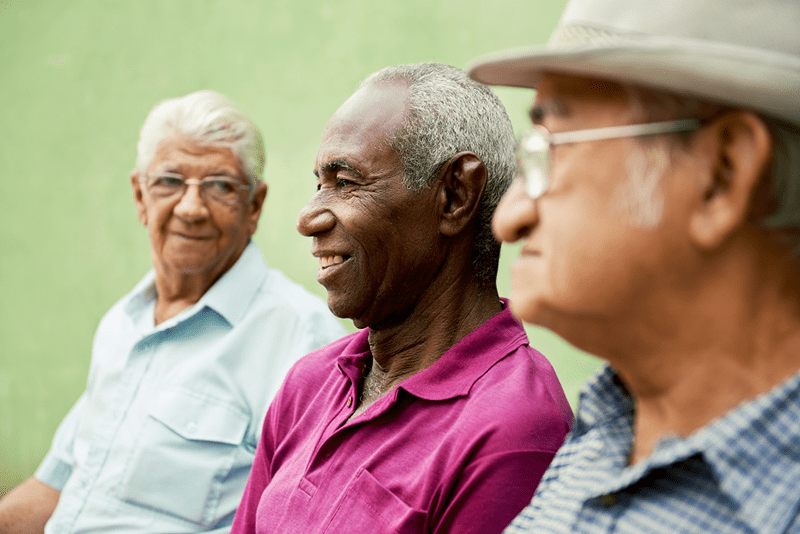Life is Tough People are Tougher

After having a stroke, it’s understandable that you may be discouraged. But these key steps can help you recover mentally and physically.
Think positively Never say never. Believe that you will walk and speak again. Get rid of negative words from your vocabulary. Use phrases like, “I will” and “I do.”
Accept that you’ve had a stroke
Acceptance shouldn’t be confused with giving up. Instead of mourning the past, acceptance helps you handle present circumstances and think of your future.
Get support
You can find support through your family, friends, stroke support groups, church and therapy. These are good ways to get advice and have a social outlet
How survivors bounce back
Although many people think happiness is a matter of circumstance, what they make of those circumstances often matters more. Those who face adversity often discover, to their own surprise, that they’re as happy or almost as happy as they were before encountering an obstacle like a stroke. Focusing on meaningful goals, finding ways to contribute to others and staying flexible are key. Here are some additional tips.
Aim for silver-lining thinking
People often find creative ways to minimize emotional pain by looking for silver linings in dark clouds. Many survivors say their strokes taught them invaluable lessons, forming their characters in unique, satisfying ways.
Stay informed
Knowing a diagnosis and the details can be less stressful than not knowing. Most people aren’t set up for uncertainty, which can lead to high stress levels. Compare the benefits of comparison thinking. Studies indicate that people usually make the best of their circumstances by comparing themselves to those who are worse off.
Stay social
Anyone who’s been to a good stroke support group knows that sharing with others makes life better — and lending support can be just as beneficial. When people become sick, talking to other patients can help them feel better.
Review how religion can play a role
Those who belong to a religious community gain the benefit of social support in trying times. Religious beliefs can also boost emotional resilience by providing meaning and purpose to suffering, and prayer also helps people find peace of mind.





